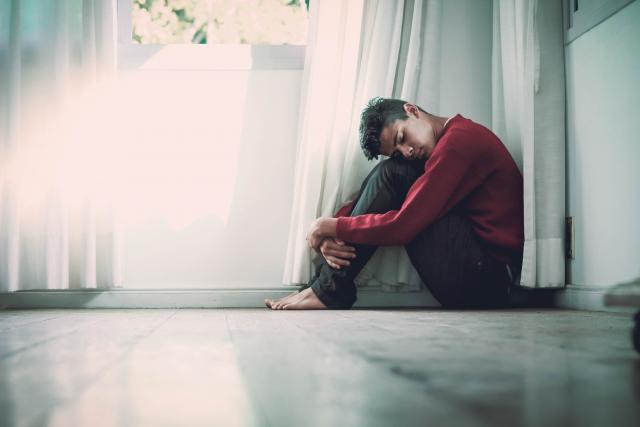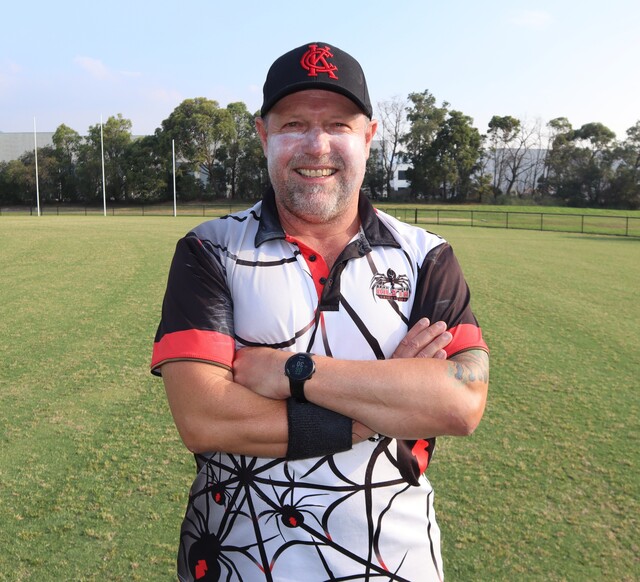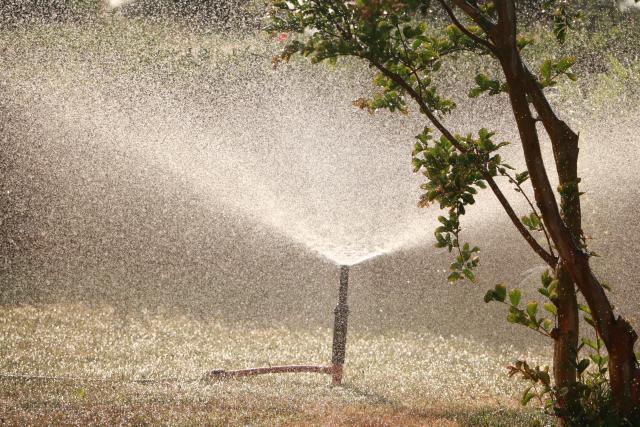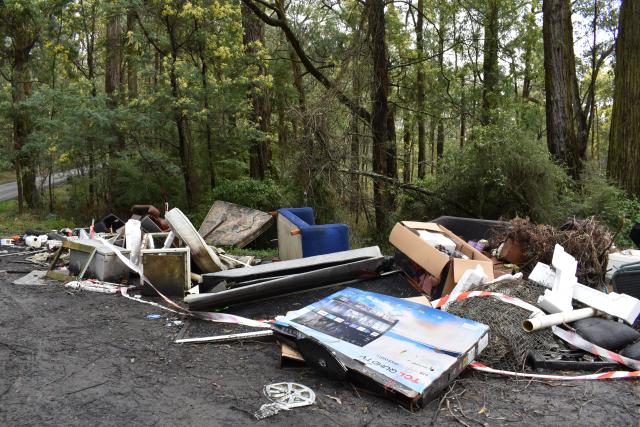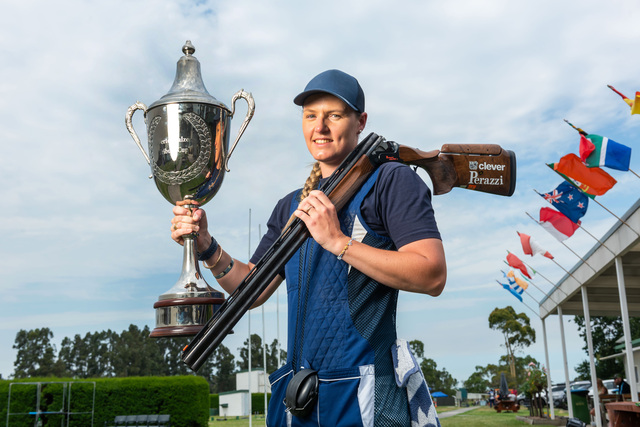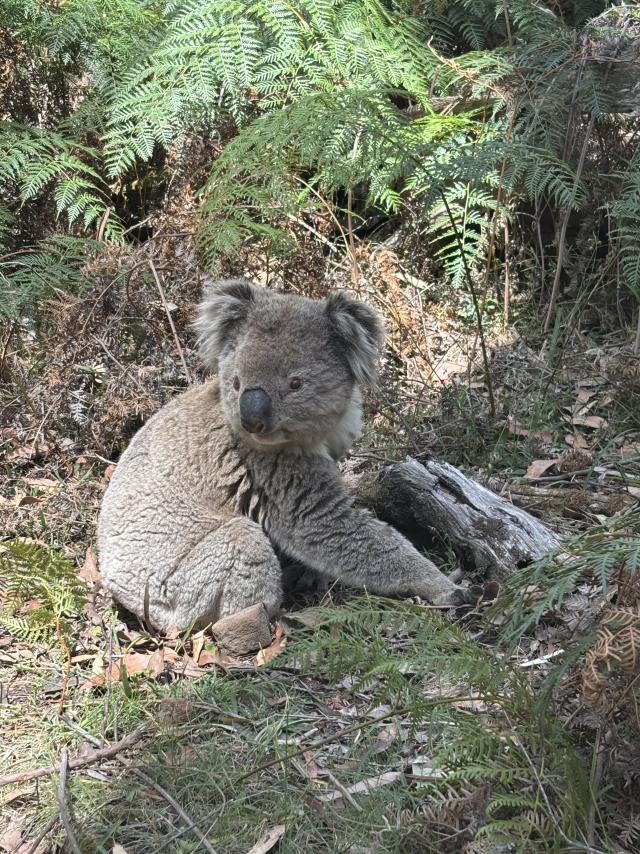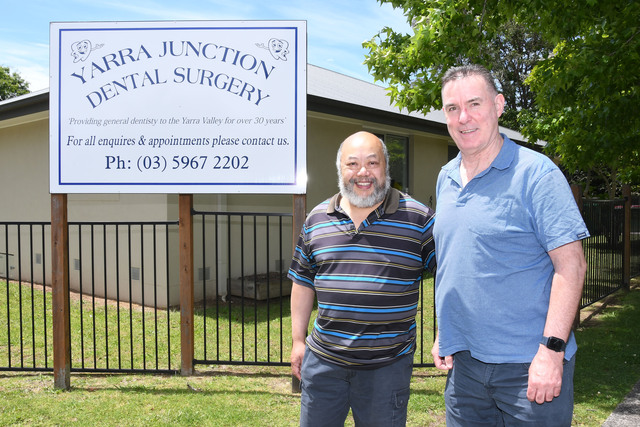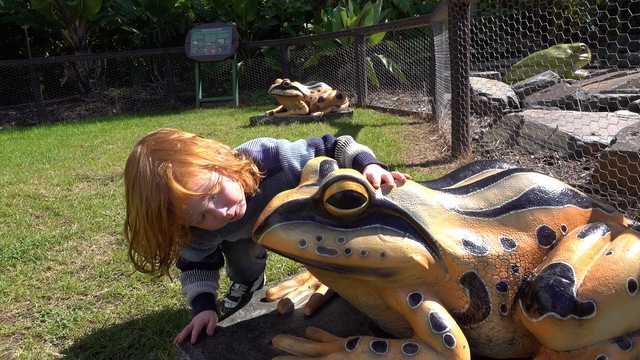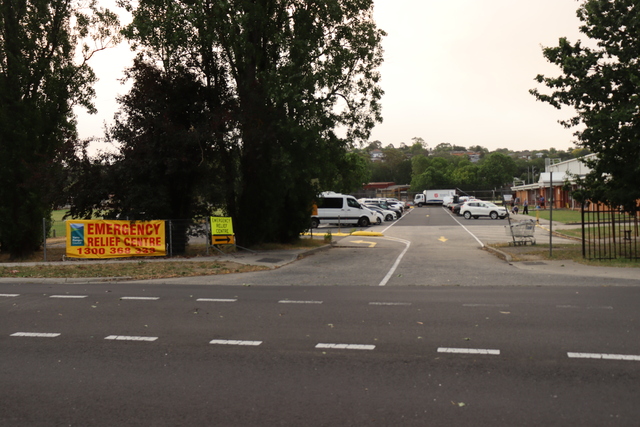In a report released by The Salvation Army prior to the federal election being called, Casey respondents identified the five social justice issues believed to be a priority for the region.
Those areas included mental health, housing affordability, alcohol and drug abuse, family violence and social isolation.
Political party candidates for the Casey seat have provided their responses to the National Social Justice Stocktake Report (NSJSR) to give an overview of their intentions as leaders.
Greens candidate Jenny Game:
For Jenny Game, mental health ranking as the highest priority did not come as a surprise attributing it to “chronic underinvestment and two years of lockdowns,” causing a mental health crisis.
She said often mental health care is expensive and hard to find, given most of the time “the Medicare rebate for mental health care doesn’t cover the full cost of seeing psychologists and psychiatrists.”
To address this lack of Medicare support, Ms Game said the Greens would fund the mental healthcare system, providing $4.8 billion to unlimited sessions with a psychologist or psychiatrist.
Other initiatives would include $2.5 billion for the Individual Placement and Support program to support young people with mental health to gain work and increasing the number of peer workers by 1,000.
On housing affordability, Ms Game said “housing is a human right” and the Greens have a one million homes plan, to help build housing in places where people want to live by taxing billionaires more and “scrapping handouts to property developers and speculators.”
As a growing societal issue more broadly, family violence is a key priority for Ms Game and the Greens, beginning with gender inequality.
“While men can be victims of family violence as can those in same sex relationships, women are predominantly the victims. For too many women, life is unfair and unsafe. Sexism makes women’s lives harder and more dangerous,” she said.
“Addressing gender inequality and harmful gender stereotypes is critical to tackling gendered violence.”
Part of the Greens’ solution is to improve the gender pay gap, funding a national roll out of Our Watch’s successful respectful relationships program in all public schools and funding an expert-led National Plan to roll out preventative programs in gender inequality.
Ms Game said social justice issues are the basis of the Greens’ campaign and her own for the Casey electorate.
Aside from those issues mentioned in the NSJSR, Ms Game said the Greens will focus on the failings of the legal system particularly for First Nations people, implementing renewable energy solutions to battle climate change, providing free education and fixing the NDIS.
Labor candidate Bill Brindle:
Prior to the pandemic, Mr Brindle said the rates of mental health in Casey were some of the highest in the state, let alone now after Covid-19 and for him, providing mental health support is a personal priority.
“Improving mental health support is one of the main reasons I am running for Casey,” he said.
“It’s something that needs the support of all levels of government and I’ll be advocating from a federal level for better services and also working with state and local governments, if elected, to improve mental health services in Casey.”
Knowing that mental health can affect all areas of someone’s life, Mr Brindle said “with the right support and care we can make sure that people live the best lives they can, both privately and in the community.”
Setting up local support services is key to this, while also having representatives at a federal level to advocate for better mental health services.
When it comes to supporting homeowners and renters, Mr Brindle said he believes Labor’s Housing Australia Future Fund “is a real game changer.”
The plan includes building more social housing to provide safe and secure housing for everyone.
Adjunct to housing affordability is the issue of homelessness particularly in the Yarra Ranges.
“We are only as strong as the most vulnerable people in our community, so talking to the groups that work with those experiencing homelessness is the first step, and then advocating for those services at a federal level is the next.”
On family violence, Mr Brindle said the support for those fleeing violent situations at a federal level has been appalling.
Some of Labor’s intentions to address family violence include:
A Family, Domestic and Sexual Violence Commissioner, investing $1.6 billion to build 4000 new social housing properties specifically for women and children and delivering a national plan for First Nations people to end violence against women and family violence.
Mr Brindle said even prior to the stocktake he believes he had a good understanding of the social justice issues affecting the Casey community.
“I’m not going to promise I can change the world but I can promise that I’ll work hard day in day out to help improve the lives of people living in Casey.”
United Australia Party candidate Anthony Bellve:
With the last two years of lockdowns, where families were kept indoors and children were banned from playing in playgrounds and excluded from social activities, Anthony Bellve said it was hardly surprising that mental health ranked as the top priority.
“Parents are concerned and scared for their children and the damage this is causing to their social development,” he said.
Mr Bellve said he has seen the firsthand effects of untreated mental health within his own family but has also seen how lives can be changed when the support is there.
“I will do everything within my power to see mental health services expanded across Casey. We have some fantastic programs through the Lilydale Youth Hub and Oonah Belonging Place but these are not enough to support the scale of the mental health crisis here in Casey.
“Our governments have damaged the mental health of people including children, so we have a responsibility to repair that damage as a priority and to the best of our ability.”
Housing affordability is a big concern of the UAP and Mr Bellve said his party would address this by capping home loan interest rates at three per cent for the next five years, wipe all HECS/HELP debt and make university free again and restricting foreign investment to homes above $1 million to help young Australians break into the housing market.
“If our governments continue to spend money they don’t have, inflation and cost of living continue to rise along with interest rates.”
By addressing mental health, drug and alcohol abuse, family violence and housing affordability, Mr Bellve said the flow on effect is the reduction in homelessness.
“The best thing we can do to address homelessness is to address the underlying causes; prevention is better than a cure.”
But Mr Bellve said “the environment our governments have created over the last two years has fomented alcohol and drug abuse, which is a significant contributor to family violence” and homelessness, making it difficult to address the underlying causes of mental health.
“The stocktake has sadly confirmed, more than informed my campaign. These are issues people have raised with me daily and make me even more determined to be a part of a change that leaves our country, society, and communities in a better position for our children.”
Liberal Nationals candidate Aaron Violi:
When Aaron Violi put his hand forward as a candidate for the Casey seat, he said mental health was at the forefront of his mind.
“There’s no doubt that the lockdowns of 2020 and 2021 have created a significant mental health challenge for many Casey residents,” he said.
Under the Liberal government Mr Violi said funding for mental health support has doubled to $6.8 billion, Medicare subsidised psychological services have increased to 20 and providing more funding for Lifeline, Headspace, Beyond Blue and Kids Helpline.
Mr Violi said the work of local organisations like Tribe in Monbulk, the Men’s Sheds and the Lilydale Youth Hub are important to “not limit conversations around mental health to organisations linked to a diagnosis.”
“The Hub was established with Federal government funding and if elected, I will champion the work the Hub and similar organisations do to support our children, ensuring they have healthy and happy futures ahead of them.”
As far as housing affordability goes, Mr Violi said finding the balance in Casey between providing affordable housing and keeping the area green was a collaborative effort for all levels of government.
“In Casey, we have the additional challenge of being an electorate that moves from urban to regional and we must balance the built environment with the natural environment we love in Casey.
“Importantly, we have to ensure our local infrastructure meets the needs of an increasing population.”
The Liberals approach to housing affordability has been through programs like Homebuilder, the Home Guarantee Scheme and the First Home Loan Deposit Scheme.
But Mr Violi said there was “entrenched disadvantage in our Casey community” when it comes to homelessness, something he said if elected he would work with local organisations to improve.
On family violence, Mr Violi said ongoing funding is one significant way to keep women and children safe.
“I wouldn’t have put my hand up to serve the electorate of Casey if I wasn’t passionate about improving the lives of every resident in Casey.”
Independent candidate Claire Ferres Miles:
As a mother and a business leader, Claire Ferres Miles said she has felt the strains and stressors of the last two years herself, a reason for putting herself forward as a candidate.
Casey being an area so spread out, Ms Ferres Miles said she wasn’t surprised the electorate was 10 per cent higher than the national average for mental health.
“The pandemic drew out a range of anxieties for people; employment, health, concern for family and vulnerable members of our community, restrictions on movement…[it’s] understandable that across all ages there was substantial negative impact on mental health,” she said.
Ms Ferres Miles said not only has it been the pandemic but the international events affecting cost of living and the impact of climate change contributing to mental health issues.
To respond to these impacts, Ms Ferres Miles said creating social connections and community linkages was key to “maintain and grow a healthy, strong community.”
As a former urban planner, getting the right balance of the peri-urban nature of Casey when it comes to housing is an important focus for Ms Ferres Miles as an independent candidate.
Her housing affordability plan would take the recommendations from the Parliamentary Inquiry into Housing Affordability to address home ownership and homelessness.
“This report gives us a solid path forward into tackling this enormously complex area of public policy.
“I support the implementation of those recommendations as they are based on expert knowledge and community sentiment. I will work with state and federal stakeholders to ensure that these recommendations are rolled out as soon as possible.”
When addressing family violence, Ms Ferres Miles said it is important that “solutions should be targeted towards, and involve men.”
Ms Ferres Miles’ campaign is focussed around evidenced based policy and said the data provided in the stocktake will help inform her alongside other reports and information.
“I have outlined the core areas of my policy platform, cost of living, climate change, government integrity, aged care, equal representation and disaster preparedness.
“In addition to these I will listen to the issues raised with me and respond with a conscientious and diligent approach to bring to Casey the resources it needs.”

